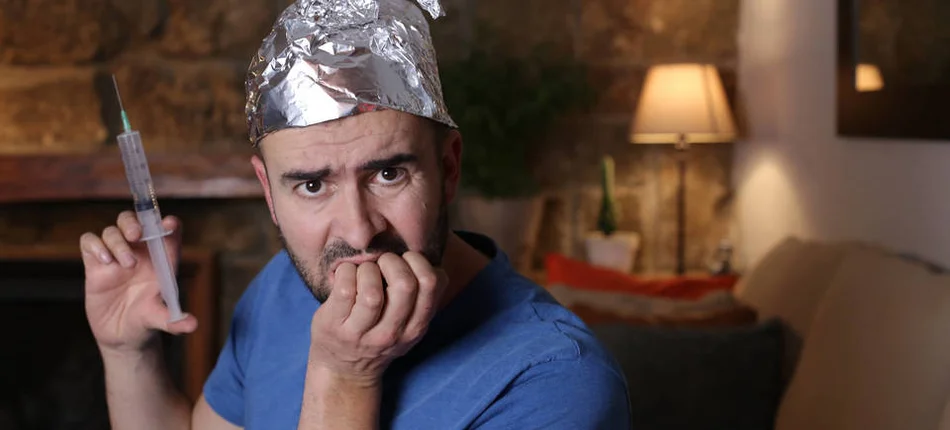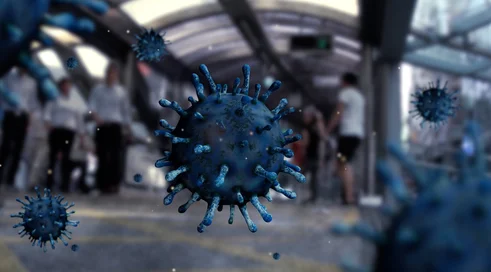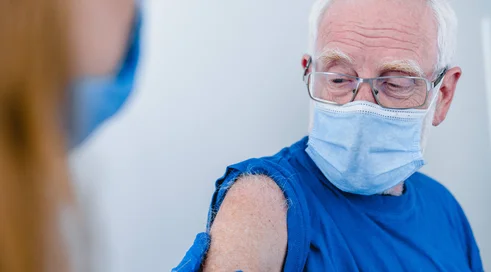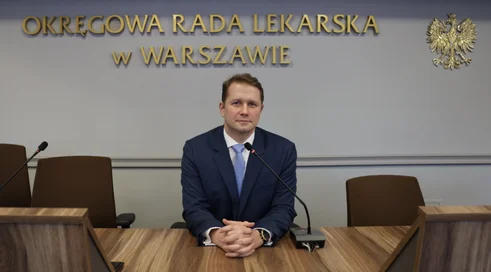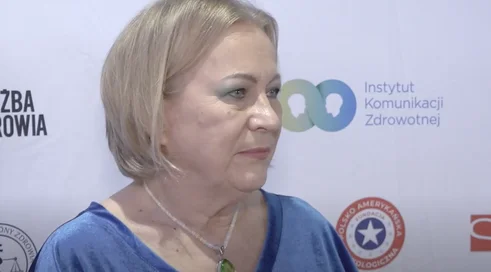"Go viral!" - this is the name of the game developed by psychologists from the University of Cambridge, in which experts from the UK government were also involved. What is it about?
Thanks to "Go viral!" you can learn about the ways in which disinformation about the coronavirus arises and spreads. Each player takes on the role of fake news pandemic writer. The online game scheme was developed by social decision-making specialists from the University of Cambridge in cooperation with the media agency DROG and the British Cabinet.
According to experts, in this way the society has a chance to learn how to recognize false information in the media, which contributes to the deepening o...
Content locked
To gain access to the complete English section of the Medexpress.pl, kindly reach out to us at [email protected].
If you already have an account, please log in




